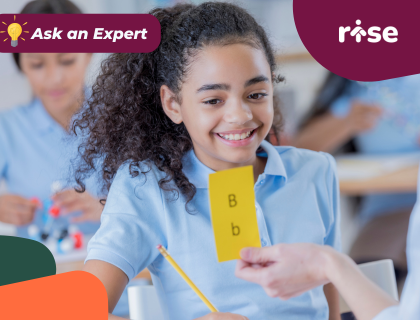Research experience is highly valued in the college admissions process because it helps students showcase strong intellectual curiosity and academic rigor. It’s great that you’re getting a head start on setting your child up for success in research. Most research opportunities are available to students 13 years and older. At this age, you can focus on making sure your child develops the necessary skill set for academic exploration.
Here are several methods to help your 11 year-old cultivate foundational research skills:
At-home Data Collection & Analysis
Incorporate data-related activities into your child’s daily routine. For example, children can keep track of the daily weather temperature, the growth of houseplants, or measure their height. Ask them to log their observations and take note of any trends and patterns over time. How does the temperature change with the seasons? How quickly does your houseplant grow new leaves? What is the rate of change in their height? These activities will introduce basic statistics and develop foundational analytical skills.
Pro Tip: You can also ask your child to track their daily screen time. For example, how much time do they spend watching TV? Using their iPad and/or phone? After tracking device usage, ask them to consider how screen time affects their physical activity, energy levels, and sleeping patterns. Then, discuss any intended changes to daily screen time. This activity helps children build research skills while also improving self-awareness, regulation, and encouraging healthier habits around device use.
Advanced Reading
Knowledge is the foundation from which research can occur. To be successful in research, your child must have a solid knowledge foundation and academic aptitude within their chosen area. Thus, encourage your child to read widely and deeply about their interests. I highly recommend subject books by DK Publishing. For more advanced children, you can explore the Big Ideas Simply Explained series which covers a range of key subject areas.
Pro Tip: Host daily “Reading Recaps” over dinner where the family gets together and discusses what they are currently reading. This way, you are helping your child effectively engage with the material beyond just learning it. Some guiding questions for your discussion:
- What is one interesting idea from the book you’re reading?
- Are there any ideas in this book that connect to each other? How so?
- After reading this book, what are you curious to learn more about?
Advanced Coursework: Online Courses
Learning is now more accessible than ever. In addition to reading, pursuing advanced coursework beyond the school curriculum is a great way to cultivate the intellectual curiosity necessary for research. Deeper academic exploration into a subject that genuinely interests your child will not only build a love for learning but also crucial higher-order thinking skills. Since your child is still 11, I recommend online courses with flexible schedules that allow them to work at their own pace. There are numerous options for online courses that can be done throughout the year. Some recommendations:
- edX
- Coursera
- John Hopkins University Centre for Talented Youth
- Georgetown University Pre-College Online Program
Developing these foundational skills is a great way to set your child up for success in both school and research. These activities nurture data analysis, critical thinking, knowledge-building, and intellectual curiosity, ultimately equipping students with the right skillset to take on future research opportunities.







-3.webp)

-2.webp)
